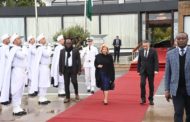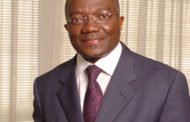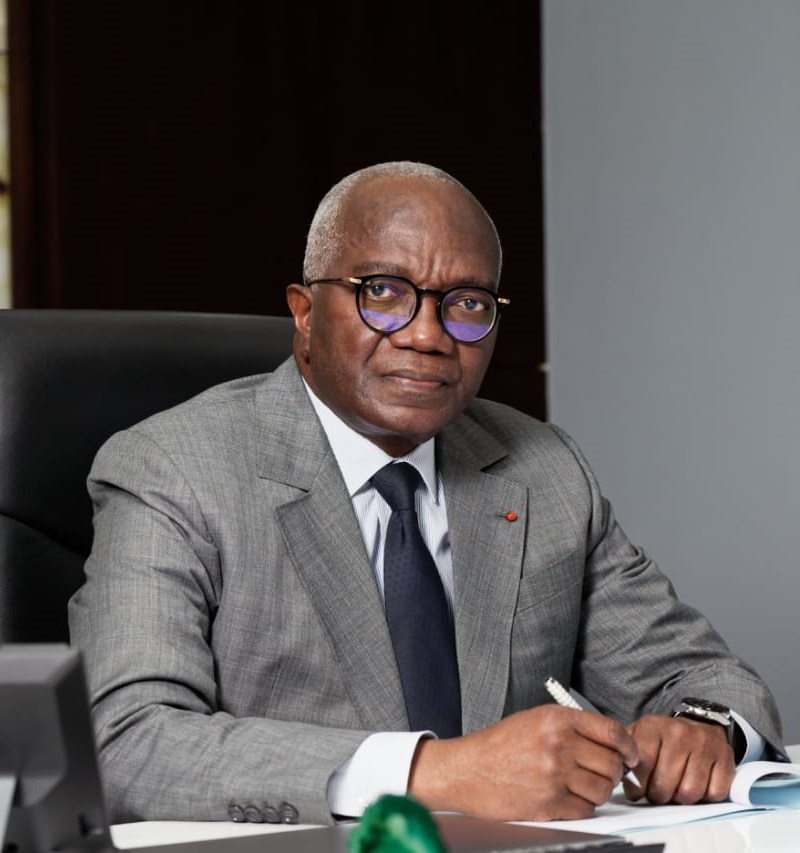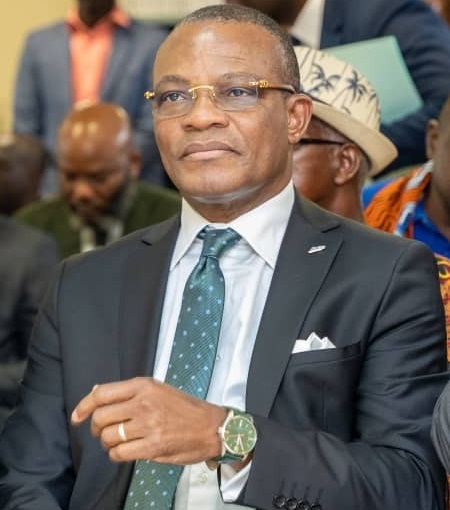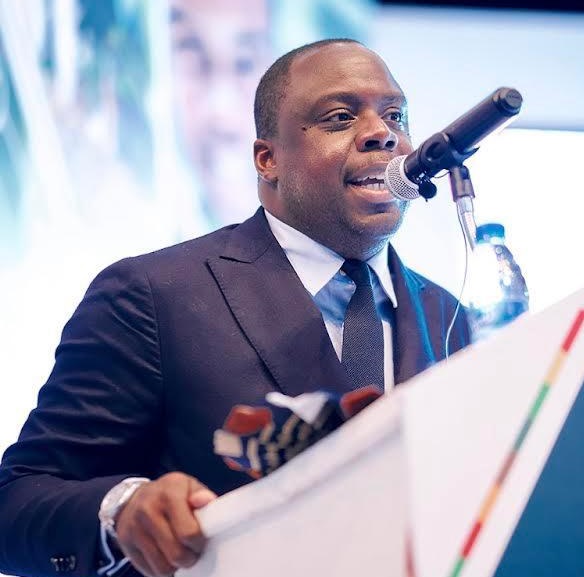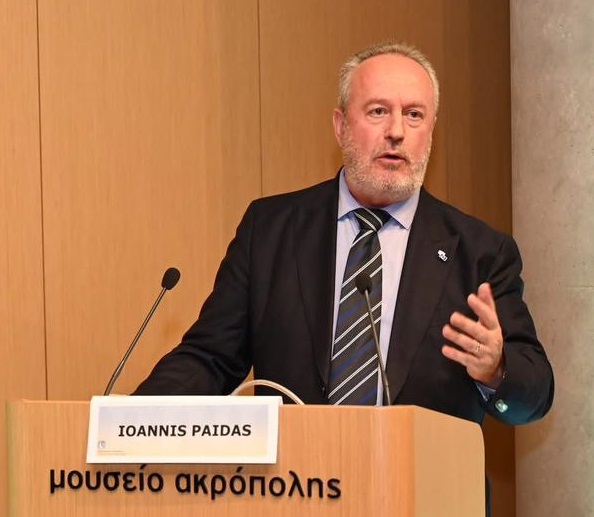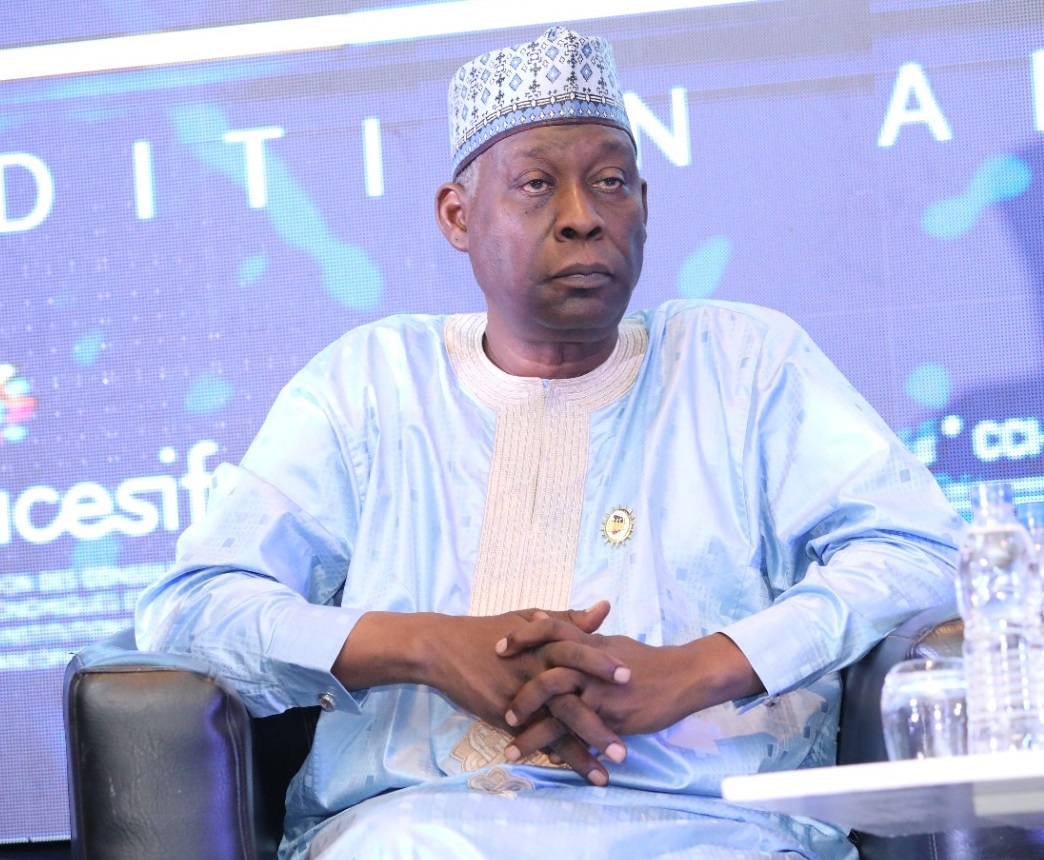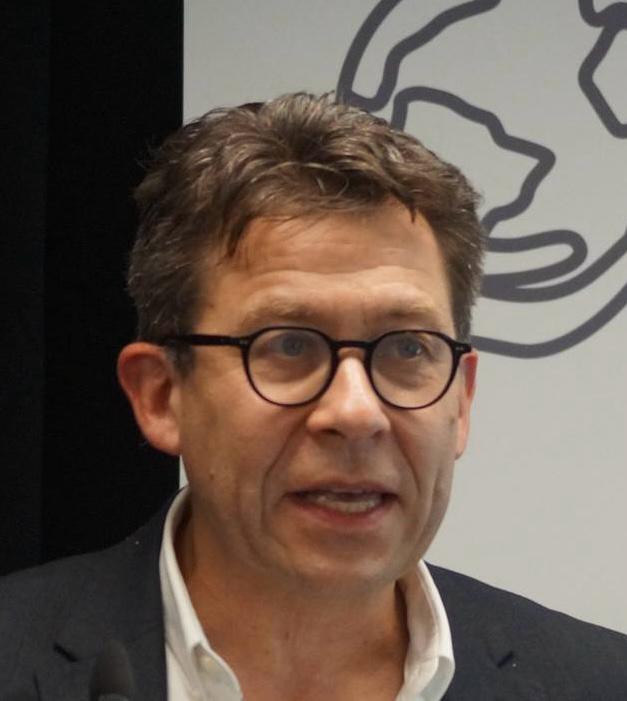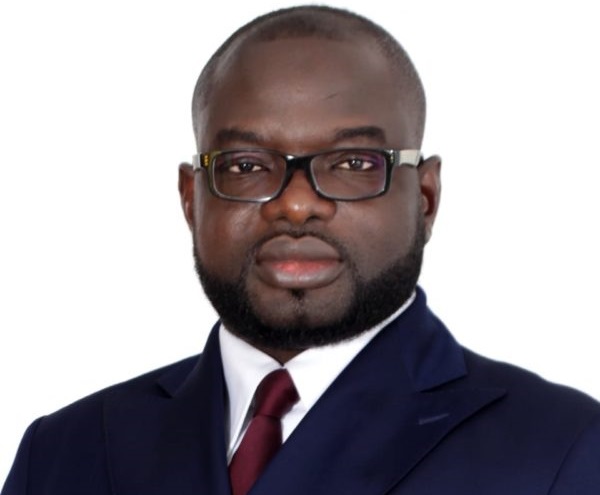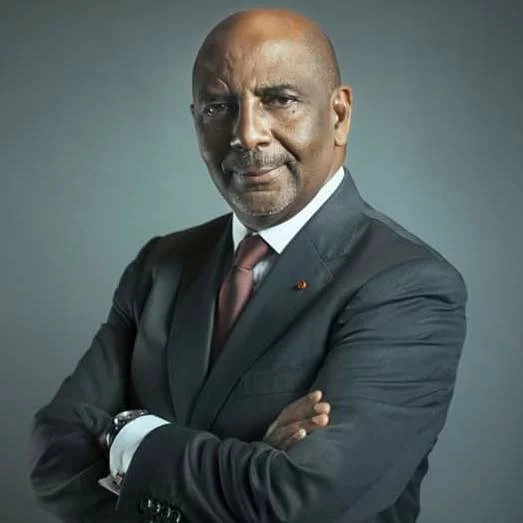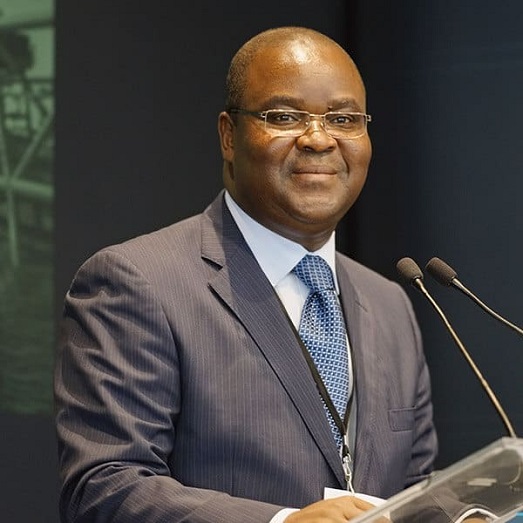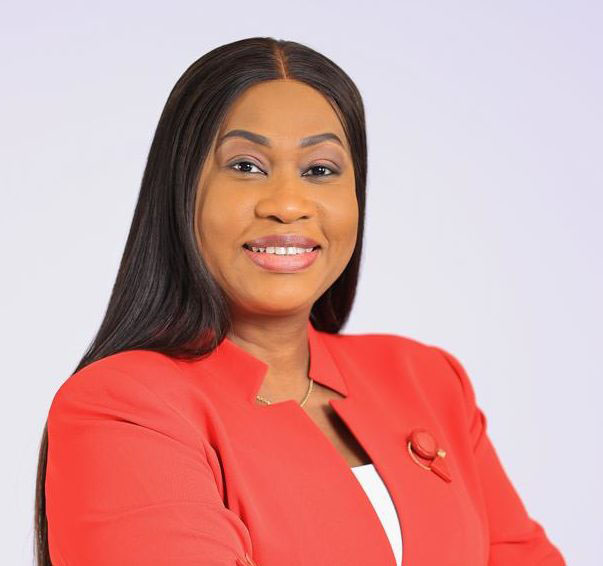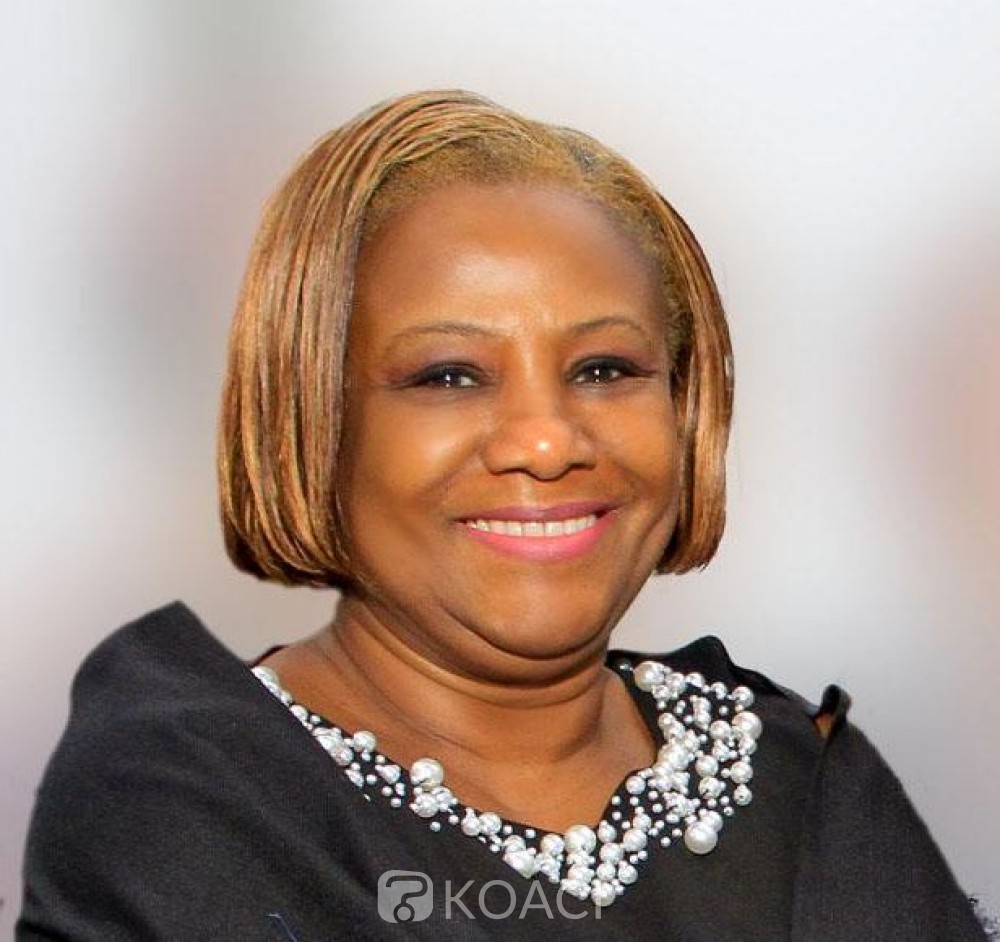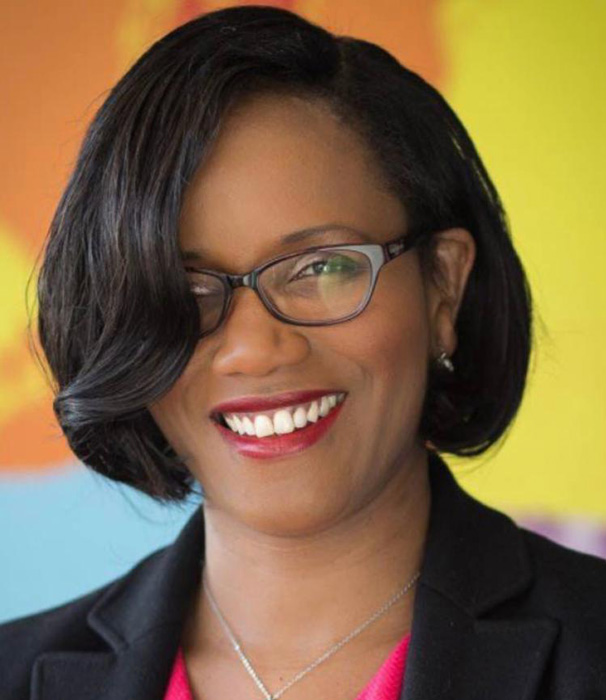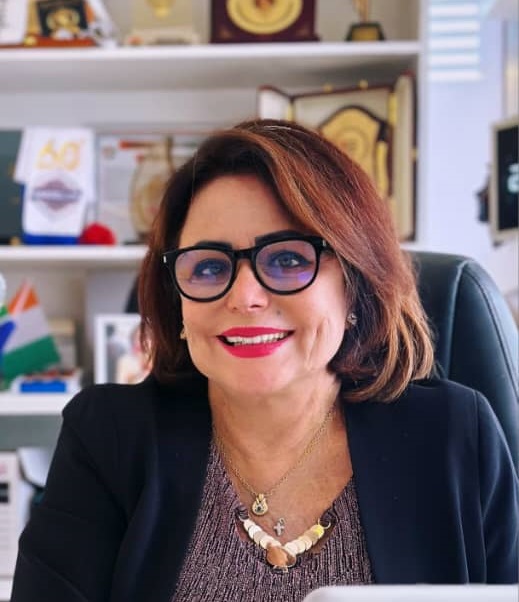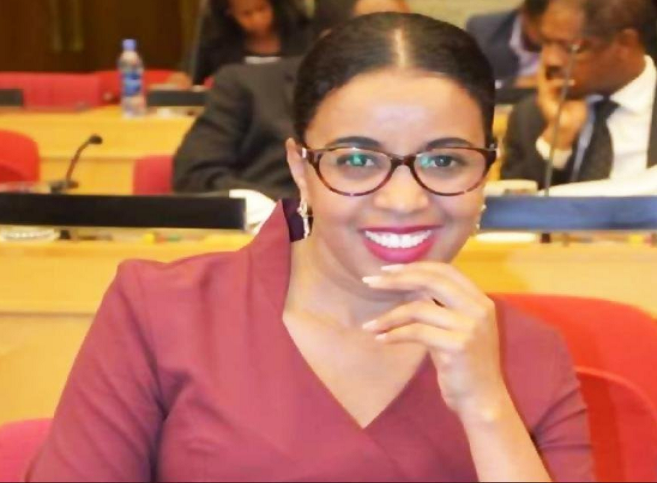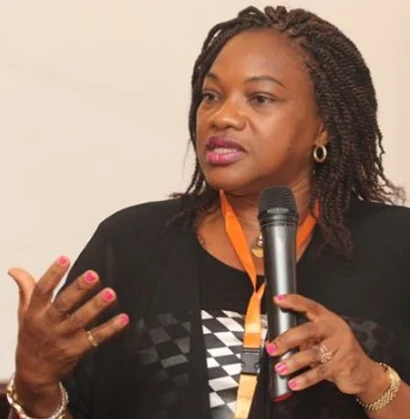Start-ups do not make Westerners dream. In Côte d’Ivoire, despite some persistent obstacles, more and more entrepreneurs are embarking on the adventure. And inspire their neighbors in West Africa.
Start-ups have long gone beyond the California framework of Silicon Valley. The French president, Emmanuel Macron, has never hidden his wish to make the Hexagon a “start-up nation” like the United States. Africa and, particularly, Côte d’Ivoire, intend to follow in the footsteps of “success stories” in the American style.
“I am convinced that entrepreneurship is a way to keep young people healthy, to help them find work”: behind the wish of Bruno Koné, Ivorian Minister for the Digital Economy, there are acts, and an ambition, that of a country whose digital already represents 8% of GDP.
A few dozen start-ups for 24 million inhabitants
The ministry thus launched in March 2016 the Digital Youth Foundation, a start-up incubator with 500 million CFA francs, having already trained some 200 candidates, “mostly Ivorians graduated from a Bac + 2 in the country, the creation of a business plan, the basics of finance, communication, “explains the director of the structure, Linda Vallée.
And it works. Start-ups flourish on Ivorian soil, like the Africab company. Created in 2015 at the initiative of the Ivorian entrepreneur Vangsy Goma, it has already reached the first place of VTC companies in Abidjan, the economic capital of the country. This true Ivorian “Uber”, at the helm of 270 employees and a hundred vehicles, has already insured 200 000 races. “Victim of his own success,” as his boss says, Africab had sales of more than 70 million CFA francs in the first quarter of 2017.
In a country where a large part of the population remains rural, start-ups have realized that their development does not necessarily pass through the city – besides, Abidjan does not have a proper business incubator. That’s why the company Lifi Led has targeted the remote villages of Côte d’Ivoire, bringing them in record time Wifi and television. Thanks to an ingenious system of LED bulbs transmitting WiFi, themselves connected to solar panels, the young company intends to equip thousands of villages across the country.
The rural world, and agriculture – which represents 40% of activity in Côte d’Ivoire – is also the challenge of Khan Jean-Delmas Ehui, founder of the project Lôr Bouôr. This project brings together an information platform on agricultural methods, a management tool for cooperatives or an SMS application for dissemination and consultation of prices. “We are putting ICT at the service of Ivorian agriculture to make it more efficient and competitive,” says its creator, who is happy to have convinced several hundred members in a few weeks.
These successes should not make us forget that Côte d’Ivoire is from far away. While posting the best growth in the region, the country has only a few dozen start-ups for 24 million inhabitants. Entrepreneurs are notably slowed down by digital infrastructures which, if they progress, remain below their requirements. Despite the 150 billions of CFA francs invested in fiber optics by the state, network cuts are still frequent.
The issue of funding is also central. “There is no business angels (or) venture capital culture,” says Linda Vallée. And this despite the efforts of the Ouattara government to improve the business climate and the launch, promised but still expected, of an Innovation Fund with 200 million euros, in partnership with the African Development Bank (AfDB) .
Ivory Coast inspires its neighbors
Despite these handicaps, the dynamism of Côte d’Ivoire inspires its neighbors. The start-up accelerator Airbus BizLab, named after the famous European aircraft manufacturer, has just welcomed a Nigerian company on its sites in Toulouse and Hamburg. Aerial Industries will benefit from the expertise of Airbus employees to develop its high-performance drones, designed to pulverize crops from developing countries. “Technology faster, cheaper and more accurate than tractors,” says its founder, who also boasts the ecological assets of his invention.
Emmanuel Macron, always him, was not mistaken when he chose to make stopover in Ghana during his first African tour. Hailing one of the continent’s most “vibrant” economies, the French president took the opportunity to visit a local incubator, Impact Hub. “Here may be the future African unicorns,” welcomes the innovation advisor of the structure. Regretting too the difficulty of access to financing for young local shoots, Aurore Chiste explains the specificity of African start-ups: “Silicon Valley follows a strategy of the type to become fat fast, whereas here it is almost impossible to because of a lack of funds. Instead we see steady growth financed by little capital and paying consumers.
Not enough to scare, however, to Ghanaian start-ups, they are also often specialized in the digital, energy or agribusiness. This is what Georges Kwale, the founder of Translight Solar, specializes in solar energy, praises the “ease of starting a business here in a few days, hiring qualified and involved personnel”. A situation that promises an exponential development of the digital economy in Africa.
Avec financialafrik





